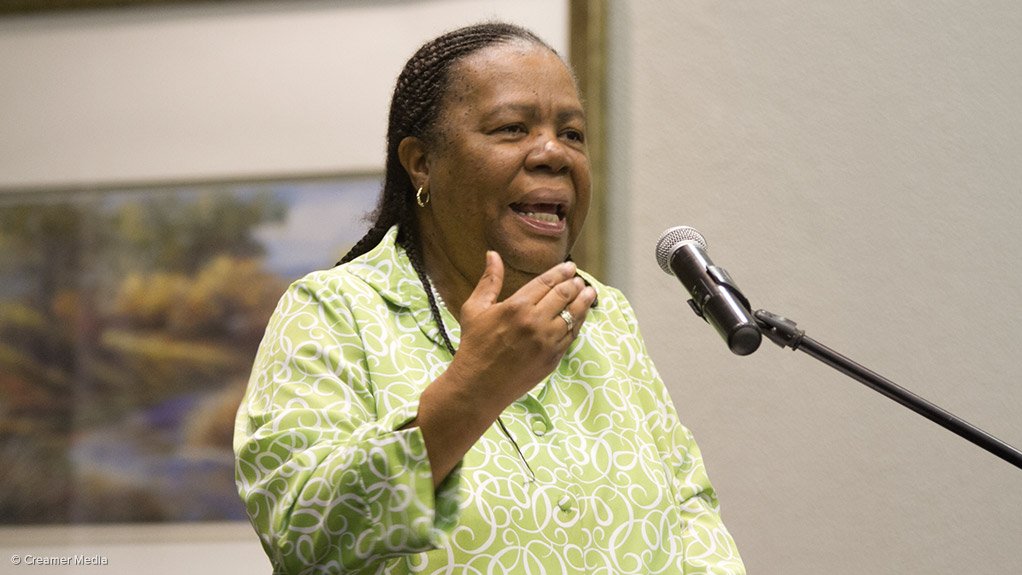More investment is needed in research and development (R&D) activities in the information and communication technology (ICT) sector to tackle five “grand challenges” identified by the Department of Science and Technology (DST).
Science and Technology Minister Naledi Pandor on Tuesday urged the private sector to take advantage of the department’s tax incentive to embark on R&D initiatives that could lead to solutions for “global change, energy security, space science, the bioeconomy and poverty alleviation”.
“With increased investment in R&D by both the private and public sectors, opportunities exist for bold interventions that will enable South Africa to secure a greater share of global markets in both R&D and manufacturing,” she told delegates at the eighteenth Southern Africa Telecommunication Networks and Applications Conference (Satnac), being held near Hermanus.
The DST aimed to further catalyse the development of an “innovative, sustainable and indigenous” information technology (IT) industry to provide the bulk of the country’s own technology requirements, while attracting local and foreign investment.
The IT industry provided solid platforms for the development of high-performance computing, mathematics, computational science and software applications to unlock climate change modelling and forecasting and enable natural science and environmental monitoring, besides others, Pandor pointed out.
The move was in line with the DST’s 2013 ten-year ICT Research, Development and Innovation Roadmap, which aimed to guide investments into ICT and harness the potential of strategic public–public and public–private partnerships (PPPs).
The roadmap was being implemented under the leadership of the Council for Scientific and Industrial Research Meraka Institute.
Meanwhile, the DST had developed an overarching framework to engage large global IT companies, including IBM and Cisco, and stimulate PPPs in IT R&D and innovation.
“In the implementation of the ICT R&D and innovation strategy, collaboration with the IT industry and academia is of key importance,” Pandor noted.
The DST had injected R62-million into its Industry Innovation Partnership fund over the past three years to predominately enter cofunding projects with ICT multinationals.
The DST had now set its sights on cofunding projects and potential partnerships with South African-owned companies and partially State-owned telecommunications giant Telkom's 16 university centres of excellence.
EMAIL THIS ARTICLE SAVE THIS ARTICLE
To subscribe email subscriptions@creamermedia.co.za or click here
To advertise email advertising@creamermedia.co.za or click here











